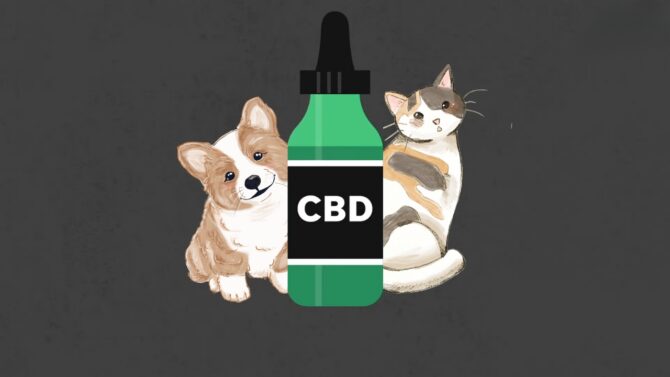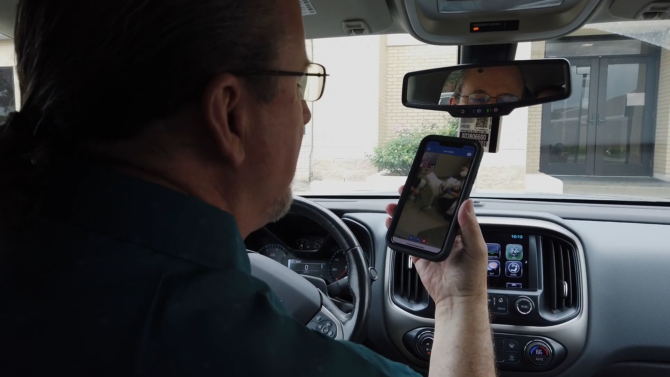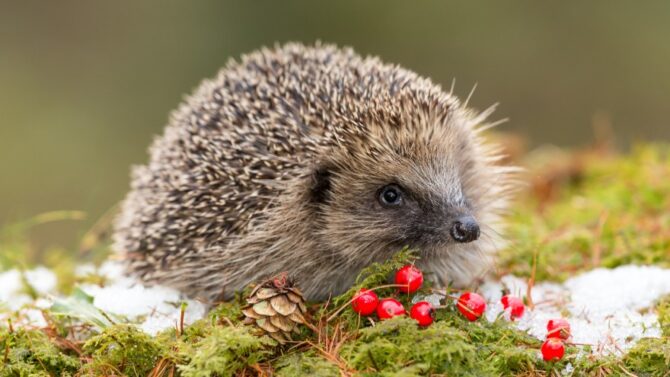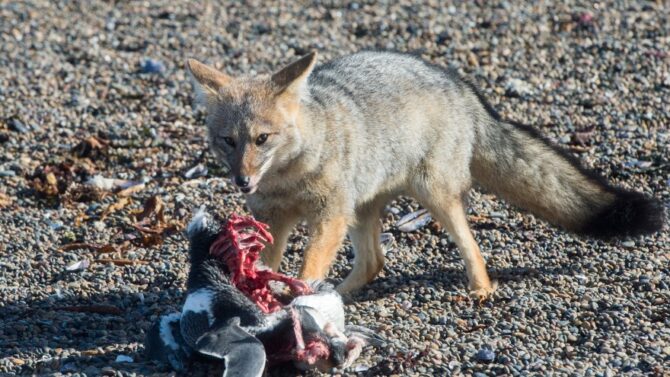Are you mesmerized by the charming and somewhat whimsical nature of wombats? These cuddly-looking creatures are often subjects of viral videos and heartwarming stories. However, the reality of having one of these native Australian marsupials as a pet is not as straightforward as one might think. This article delves deep into the enchanting yet challenging world of wombats, shedding light on the multifaceted responsibilities and considerations involved in their care.
From legal restrictions to their complex environmental needs, and the profound ethical implications, we uncover the layers of truth behind what it really means to keep a wombat as a pet. Join us on this explorative journey to understand these intriguing creatures and the significant commitment they require.
Key Takeaways
| Key Topic | Summary |
|---|---|
| Understanding Wombats | Wombats are solitary, burrowing animals with specific habitat needs and a long lifespan, requiring extensive commitment. |
| Legal Considerations | Strict laws often prohibit keeping wombats as pets, requiring specific licenses mainly for rehabilitation purposes. |
| Environmental Needs | Adequate space for digging and temperature control is crucial, mimicking their natural habitat to avoid stress. |
| Health and Dietary Requirements | Wombats need a high-fiber diet and are prone to diseases like mange, necessitating specialized and ongoing veterinary care. |
| Behavioral Challenges | Their powerful digging and solitary nature can lead to property damage and aggressive tendencies in unsuitable settings. |
| Ethical Implications | Ethical concerns revolve around the impact of domesticating a wild animal on both the individual and the species as a whole. |
| Alternatives | Supporting wombat conservation and rehabilitation efforts provides a more ethical alternative to pet ownership. |
Legal Considerations
The legal implications of owning a wombat are significant. In Australia, where wombats are native, laws regarding the ownership of native wildlife are stringent. It’s generally illegal to keep a wombat as a pet without a specific wildlife care or rehabilitation license.
These licenses are usually only granted to individuals with proven expertise in wildlife care, and even then, the primary aim is rehabilitation and release, not lifelong domestication. Potential owners must navigate a complex legal landscape, ensuring they do not inadvertently participate in the illegal wildlife trade or own a pet that’s not legally obtained.
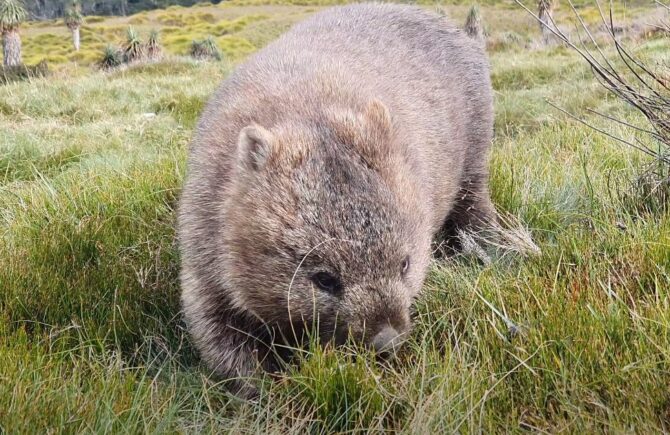
Environmental Needs
Recreating a suitable habitat for a wombat in a domestic setting is a daunting task. Wombats require ample space to roam and burrow. A typical backyard is not nearly sufficient for their extensive digging behavior and exercise needs.
They need a habitat that mimics their natural environment, which includes temperature-controlled areas to avoid heat stress and enough soil depth for burrowing. Failure to provide an adequate environment can lead to health and behavioral issues, making the wombat a difficult and unhappy pet.
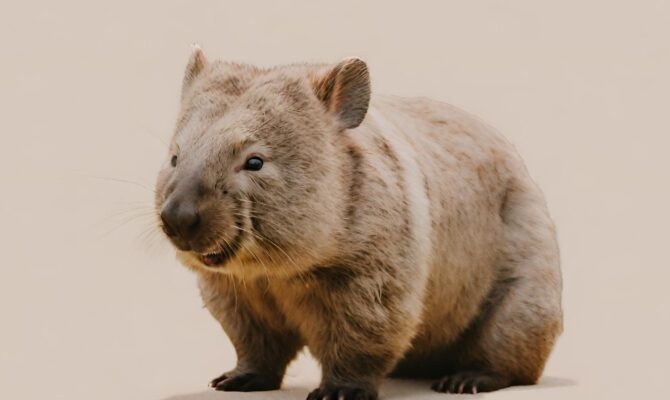
Health and Dietary Requirements
Wombats are herbivores, feeding primarily on grasses, roots, and bark in the wild. In captivity, their diet needs to be carefully managed to prevent obesity and maintain nutritional balance. They require a high-fiber diet with minimal fats and sugars, which can be challenging and costly to replicate at home.
Moreover, wombats are susceptible to various health issues, including mange, a skin disease caused by mites, and dental problems due to their continuously growing teeth. Regular veterinary care, specialized for exotic animals, is a must, which can be hard to find and expensive.
Behavioral Challenges
Wombats are not domesticated animals and possess natural behaviors and instincts that can be problematic in a home setting. They are powerful diggers and can cause extensive property damage. Their solitary nature means they may not seek or enjoy constant human interaction, leading to stress and aggression if not handled properly.
Additionally, wombats are known to mark their territory with scent, which can be unpleasant in a confined space. Understanding and managing these behaviors require expertise and patience beyond what is expected for more traditional pets.
Ethical Implications
Beyond the legal, environmental, and care considerations, there are ethical implications to owning a wombat. Removing these animals from their natural habitat or keeping them in unsuitable conditions can lead to suffering and a decrease in wild populations.
The desire to own a unique or exotic pet should not outweigh the welfare needs of the animal. Ethical considerations also extend to the broader impact on conservation efforts and the natural ecosystem, highlighting the importance of respecting and preserving wildlife in its natural environment.
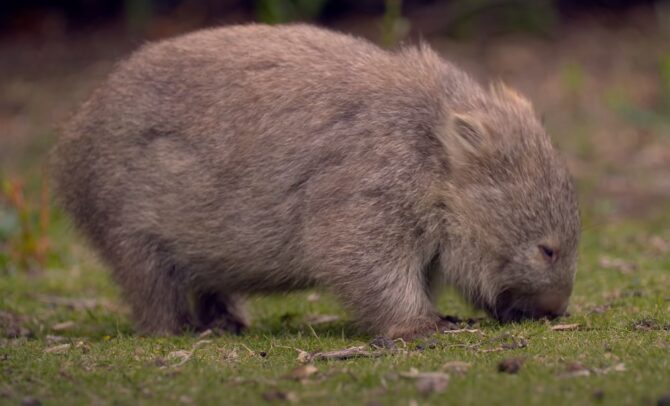
FAQs
Can wombats be trained like dogs or cats?
Wombats are wild animals with very different behaviors and instincts compared to domesticated pets like dogs or cats. They do not respond to training in the same way and have specific needs that are difficult to meet in a typical household. Training a wombat is not feasible in the same sense as training a dog or cat and attempting to do so can be stressful and harmful to the wombat.
Are there any countries where it’s easier to legally own a wombat as a pet?
The legality of owning a wombat as a pet is primarily restricted to Australia, where they are native. Even within Australia, the laws are stringent, and it’s typically illegal to own a wombat as a pet without a license. Outside of Australia, it is even more challenging due to international regulations on the trade of exotic animals, and it’s unlikely that any country would have laws making it easy to own a wombat as a pet.
How do wombats interact with other pets?
Wombats are solitary animals and can be very territorial. They generally do not interact well with other animals, including pets like dogs or cats. Their strong, burrowing nature can also pose a risk to other animals. The interaction between wombats and other pets is typically not advisable due to the potential for stress, injury, or aggressive behavior.
What do wombats do for fun? How would I entertain a pet wombat?
In the wild, wombats spend a significant amount of time foraging for food, digging extensive burrow systems, and resting. They don’t have “fun” in the human sense but engage in these activities to survive. In captivity, providing a large, safe area for digging and exploring can help keep a wombat occupied, but replicating the full scope of their natural activities is difficult. Entertainment for a wombat involves more environmental enrichment that mimics their natural habitat rather than interactive play.
Can wombats recognize their owners or show affection?
Wombats may be able to recognize their caregivers through scent, sight, and sound, especially if they’ve been raised from a young age in rehabilitation scenarios. However, their recognition doesn’t equate to the affection or loyalty typically seen in domesticated pets. Wombats are not naturally affectionate animals and may not seek out or enjoy regular human interaction.
What happens to wombats when they get old in captivity?
As wombats age, their care needs can become more complex. They may develop age-related health issues requiring specialized veterinary care. Captive wombats may also display changes in behavior as they age. It’s vital for anyone caring for an older wombat to provide appropriate medical care, a comfortable living environment, and to monitor their health and behavior closely, adjusting their care plan as needed. In many cases, older wombats may need to be transferred to specialized wildlife care facilities if their needs exceed the capabilities of private owners.
Final Thoughts
Owning a wombat as a pet is an idea filled with complexities and ethical dilemmas. It’s a path fraught with legal, financial, and practical challenges that go far beyond the capabilities and resources of most individuals. The well-being of wombats, as with all wildlife, should be the foremost consideration, guiding decisions towards conservation and respectful appreciation rather than ownership.
By understanding the realities and embracing alternative ways to support and enjoy these remarkable animals, we can ensure that wombats continue to dig their burrows and thrive in their natural Australian habitats, captivating future generations with their unique charm and important role in the ecosystem. In the end, the most loving way to appreciate a wombat might just be to let them remain wild, free, and wonderfully untamed.


